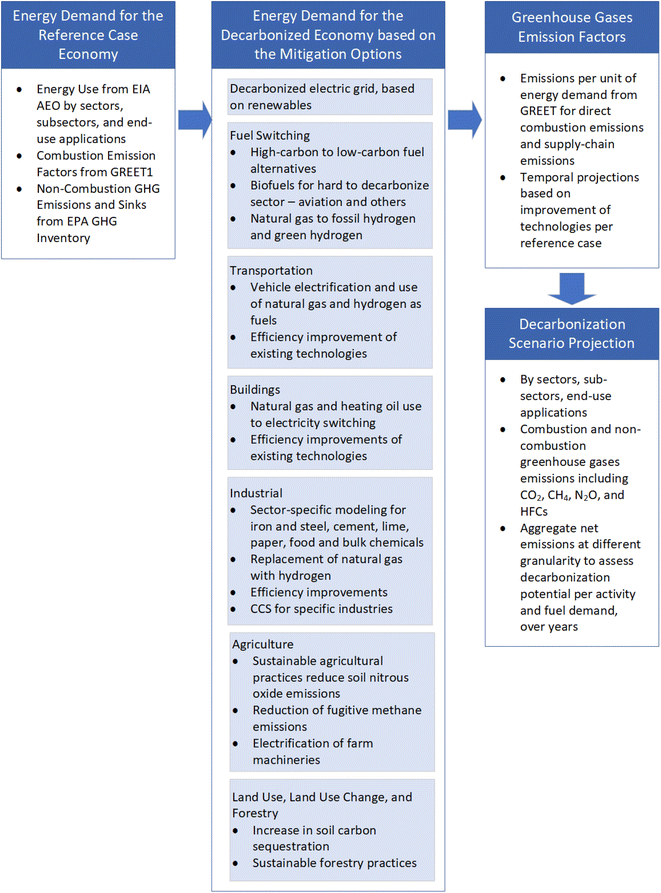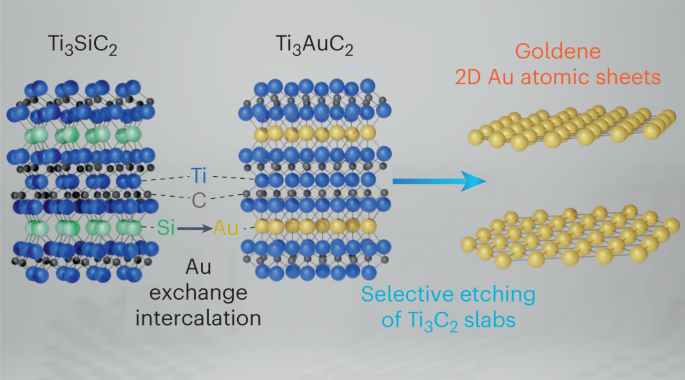2024-04-16 アルゴンヌ国立研究所(ANL)
<関連情報>
- https://www.anl.gov/article/argonnes-decarbonization-scenario-model-analyzes-ambitious-pathways-to-netzero-carbon-emissions
- https://pubs.rsc.org/en/content/articlelanding/2024/se/d3se00807j
米国経済のための脱炭素化の枠組み-セクター、サブセクター、最終用途に基づくアプローチ A deep decarbonization framework for the United States economy – a sector, sub-sector, and end-use based approach
Saurajyoti Kar, Troy R. Hawkins,George G. Zaimes,Doris Oke, Udayan Singh, Xinyi Wu, Hoyoung Kwon, Shannon Zhang, Guiyan Zang, Yan Zhou, Amgad Elgowainy, Michael Wang and Ookie Ma
Sustainable Energy & Fuels Published:31 Jan 2024
DOI:https://doi.org/10.1039/D3SE00807J
Abstract
Achieving the United States’ target of net-zero greenhouse gas emissions by 2050 will require technological transformations and energy sector mitigation. To understand the role of dynamically evolving technologies, identify synergies and dissonance and the effect of allocating limited low-carbon biomass resources in decarbonizing the U.S. economy, we developed the Decarbonization Scenario Analysis Model. A Life Cycle Assessment based approach is implemented considering the U.S. economy as the functional unit, to estimate greenhouse gas mitigation potential for projected energy demand based on several sector-level and cross-sectoral decarbonization pathways. Direct and supply-chain emissions are accounted, resulting from changes in patterns of energy generation and consumption, technology breakthroughs, and reductions in fugitive emissions over time at the granularity of economic sectors, sub-sectors, and end-use. Decarbonization strategies are implemented over a reference case developed using Energy Information Administration (EIA AEO) projection of economic activities for 2020–2050. Based on the considered scenarios, 80–90% economy-wide decarbonization relative to the 2020 reference case is projected. Electrification, low-carbon fuels, and reduction of fugitive emissions play the most significant role to decarbonization. The majority of the remaining emissions are accounted to the supply-chain and end-use emissions from natural gas and diesel fossil-based fuels in heavy duty transportation and heavy industries, highlighting the need for developing low-carbon and carbon-negative alternatives to mitigate those fossil-based carbon emissions.




